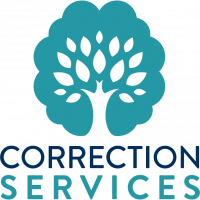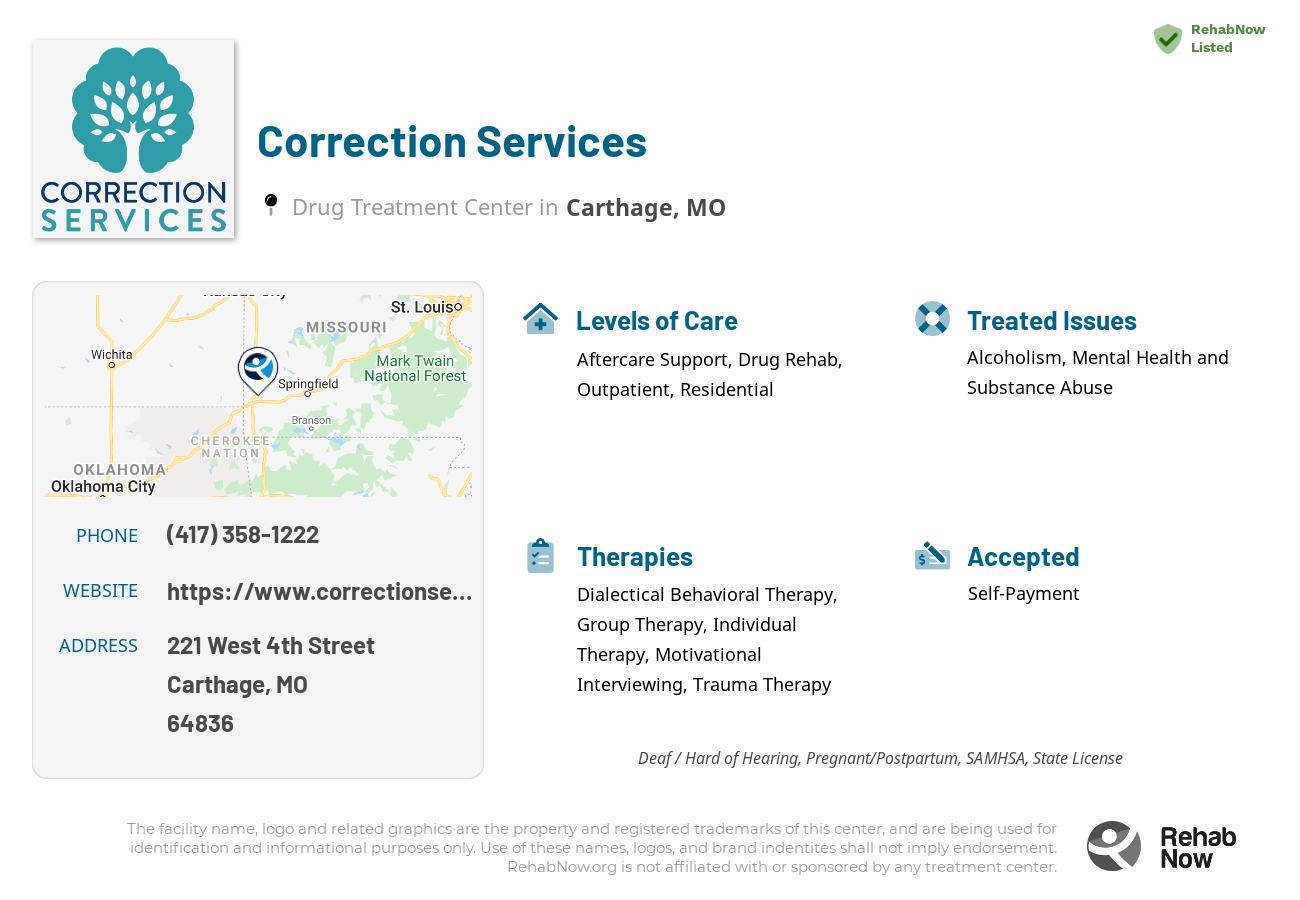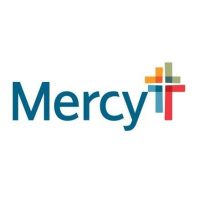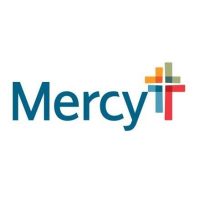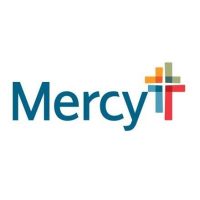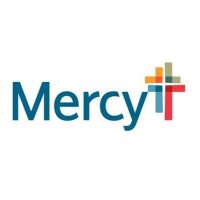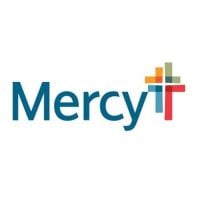Correction Services
Drug Rehab Center in Carthage, Missouri
Correction Services in Carthage, Missouri offers comprehensive treatment services for substance abuse and addiction, with a state-of-the-art facility, certified counselors and medical personnel, and a wide range of programs tailored to individual needs to promote long-term recovery.
About This Missouri Facility
Correction Services, founded in 1984, is a leading Addiction Treatment Facility located in Carthage, Missouri. With its commitment to providing compassionate care, Correction Services has become a trusted resource for individuals seeking recovery from alcoholism, drug addiction, and dual diagnosis. This facility offers a range of treatment options, including outpatient and residential levels of care, ensuring that individuals receive the appropriate level of support. Furthermore, Correction Services understands the importance of continued support and offers aftercare programs to help individuals maintain their sobriety beyond their initial treatment. Accredited by SAMHSA and holding a state license, Correction Services meets rigorous standards of quality and safety, giving patients and their families peace of mind.
Correction Services in Carthage, Missouri offers a comprehensive range of services to assist individuals in their journey to overcome addiction and substance abuse. Through their residential program, individuals can receive round-the-clock care in a safe and structured environment, surrounded by a supportive community of peers and experienced professionals. The outpatient program provides flexibility for those who may require treatment while still maintaining their daily responsibilities. Both programs offer evidence-based therapies, counseling services, and access to medical support to address the physical, psychological, and emotional aspects of addiction. Additionally, Correction Services recognizes that continued support is crucial for long-term recovery, which is why they offer aftercare programs to assist individuals in transitioning back into their daily lives while providing ongoing support and guidance. The holistic approach of Correction Services ensures that individuals receive the personalized care they need to achieve lasting recovery.
Genders
Ages
Modality
Additional
Accreditations
State License
SAMHSA
Conditions and Issues Treated
Levels of Care Offered at Correction Services
This center offers a variety of custom treatment tailored to individual recovery. Currently available are Aftercare Support, Drug Rehab, Outpatient, Residential, with additional therapies available as listed below.
Outpatient treatment programs provide drug and alcohol addiction treatment through individual sessions with a counselor, group therapy, 12-step meetings, and other activities to help individuals gain sober living skills. Most programs are designed for those individuals who have completed a medically supervised detoxification program and provide opportunities for clients to begin the process of early recovery.
Outpatient programs also offer a level of medical support as needed and psychological backing through therapy. Clients are encouraged to live at home, though there may be some flexibility regarding this requirement based on the circumstances and needs of each patient.
Outpatient treatment is perhaps the most common type of dual diagnosis program available. It does not pose a significant financial burden on patients. However, it is essential to note that outpatient treatment does not provide the support and supervision given in residential programs. Some addicts may need this level of support to maintain their sobriety.
Residential treatment programs are those that offer housing and meals in addition to substance abuse treatment. Rehab facilities that offer residential treatment allow patients to focus solely on recovery, in an environment totally separate from their lives. Some rehab centers specialize in short-term residential treatment (a few days to a week or two), while others solely provide treatment on a long-term basis (several weeks to months). Some offer both, and tailor treatment to the patient’s individual requirements.
People who have completed a rehab program often need continued support from the addiction treatment team in order to remain abstinent from drugs and alcohol. Aftercare can be beneficial for personal, social, and emotional growth.
Common aftercare options include:
- Individual Therapy – this type of addiction counseling is available on a one-on-one basis. This can be beneficial for people with a high degree of emotional turmoil and a strong desire to overcome addiction.
- Group Therapy – this type of addiction counseling is available in a group setting. This type of treatment can be beneficial for people who are unable to attend regular therapy appointments due to other responsibilities.
- Family Therapy – this type of addiction counseling is available to the family members of addicts. This can be beneficial for people who are unable to fully comprehend what their loved ones are experiencing due to addiction.
Therapies & Programs
Therapy sessions focused on the individual addict can provide much-needed guidance as they work toward overcoming their addiction. These types of sessions typically involve guidance from a therapist, who will help addicts identify and process their feelings and cravings.
During these sessions, addicts may develop plans for coping with the triggers that typically lead to relapse and learn how to avoid those triggers during their recovery process.
Different types of addiction treatment services are available. Within this article, group therapy is of interest due to its high success rate compared to individual therapy. Group therapy settings are beneficial because they allow recovering addicts to build a strong support network.
Benefits of group therapy are:
- Reduces feelings of isolation
- Immediate access to social support in the form of fellow addicts in recovery
- Lowers risk of relapse
- Increases rate of sobriety
- Builds coping skills that can be applied to everyday life
Trauma Therapy is a form of therapy that involves working with a patient to help them process and understand the past trauma(s) in their life. The idea behind it is that while some people can experience traumatic events and not have lasting psychiatric symptoms, many others will. In these cases, memories of the event get hidden from consciousness but continue to influence how the person processes and copes with things in their life. They may avoid situations that resemble what happened or become suddenly angry or irritated to a situation that reminds them of a past event.
With the help of a therapist, people can go back over memories and experiences. This helps them understand why they are having problems coping with certain situations and how they can change how they think and react to things. This therapy is typically done using techniques such as visualization, discussion, and writing down thoughts and feelings.
Trauma therapists will work with clients to help them understand their past and present relationships. Many times, patients may believe that something is inherently wrong with them or that they are unworthy of love. A therapist aims to correct these negative feelings and behaviors by helping the person realize that their actions do not reflect who they truly are.
One of the main goals of trauma therapy is to help clients express their emotions and talk about what they are feeling. This benefits both to increase awareness of how certain events have impacted them in the past and enables patients to realize that they can make changes in their lives.
Dialectical Behavior Therapy is a cognitive-behavioral therapy that helps addicts balance their thoughts and emotions to change their behavior. It was designed for those vulnerable to self-harm and suicidal thoughts and aims to help patients understand the connection between their feelings, emotions, and behaviors. It is effective for those whose addictions and behaviors stem from severe mental health issues.
Cognitive Behavioral Therapy (CBT) is used by drug treatment centers to help addicts comprehend the causes of their substance abuse and the consequences that follow. Through CBT, clients learn to recognize and avoid high-risk situations and cope with challenging situations when they arise.
CBT treatment often includes a combination of individual therapy, group therapy, lectures, and other activities. The treatment’s goal is to help addicts gain self-control and maintain abstinence from drugs and alcohol over the long term so that an addict can get sober and lead a more productive life.
CBT is particularly effective in helping people overcome their drug problems, especially people whose drug abuse is motivated by self-defeating beliefs and emotions.
Payment Options Accepted
For specific insurance or payment methods please contact us.
Additional Details
Specifics, location, and helpful extra information.
Carthage, Missouri 64836 Phone Number(417) 358-1222 Meta DetailsUpdated November 25, 2023
Staff Verified
Patient Reviews
There are no reviews yet. Be the first one to write one.
Carthage, Missouri Addiction Information
Opioid-related overdoses in Missouri have been increasing steadily for the past three decades. In 2018, more than 1,130 people in Missouri died from opioid abuse. Methamphetamines and marijuana abuse have surpassed opioid abuse in Missouri. Missouri is the number 1 methamphetamine manufacturer in the country with more than 27 meth labs per 100,000 people.
Treatment in Nearby Cities
- Fulton, MO (173.1 mi.)
- Windsor, MO (103.2 mi.)
- Warrenton, MO (207.0 mi.)
- Saint Peters, MO (229.6 mi.)
- Hazelwood, MO (241.5 mi.)
Centers near Correction Services
The facility name, logo and brand are the property and registered trademarks of Correction Services, and are being used for identification and informational purposes only. Use of these names, logos and brands shall not imply endorsement. RehabNow.org is not affiliated with or sponsored by Correction Services.
